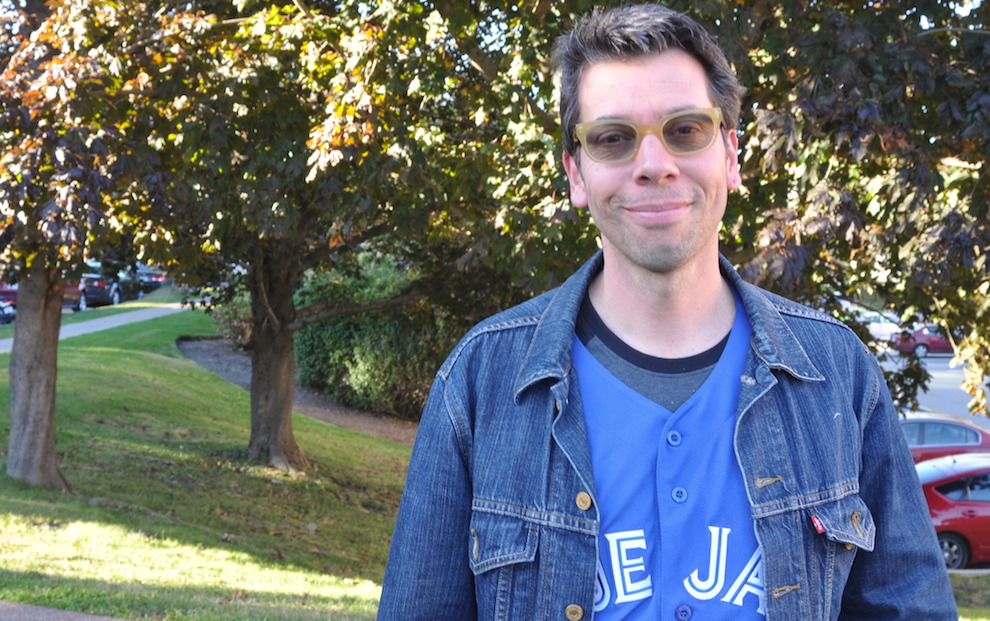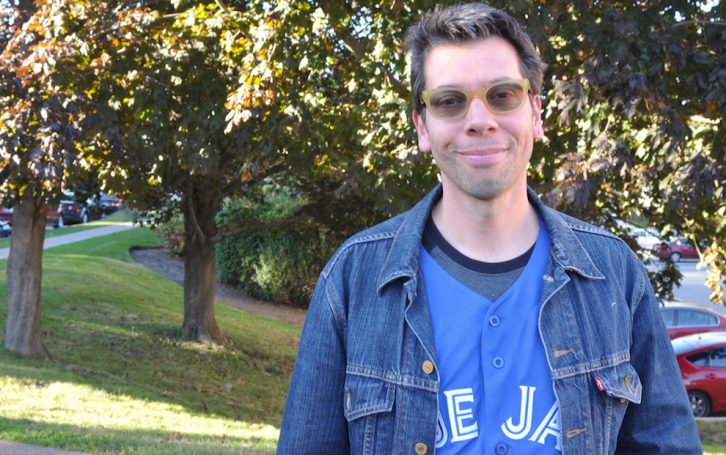International
Shocking vote against Colombian peace deal hits home
South American country 'more divided now than ever'

caption
Andrés Arteaga didn't vote in the referendum in part because he was so sure the yes side would win. After the result he was "in complete shock."

caption
Andrés Arteaga didn’t vote in the Colombian peace deal referendum, in part because he was sure the “yes” side would win.When Colombians voted “no” to a peace deal between the government and the Revolutionary Armed Forces of Colombia, a guerilla group known as FARC, Andrés Arteaga says he was “in complete shock.”
An assistant professor of Spanish and Latin American Studies at Saint Mary’s University, Arteaga is Colombian and had planned to fly to Ottawa, where he could cast his vote.
The price of a plane ticket, and the expectation the deal would be endorsed, kept him in Halifax when ballots were cast in early October.
After decades of fighting that killed at least 220,000 people, displaced millions and saw tens of thousands kidnapped, Colombia’s government reached a peace deal with FARC. Four years of negotiations came down to a referendum and just over half of Colombian voters – 50.02 per cent – vetoed the agreement.
People who voted “no” have said the terms of the deal were too lenient. They wanted peace but, as Katie Wilson, a young Canadian woman living in Colombia says, “negotiating with a terrorist group is kind of a scary thing.”
Arteaga had friends calling him from Chile and Argentina asking how this could have happened. He didn’t know. “I couldn’t even talk,” he says.
Wilson teaches in Bogotá, Columbia’s capital. When news of the result began to make international headlines, her family and friends in Canada and abroad reached out to her as well.
People all over the world posted their reactions on social media:
Arteaga followed the Oct. 2 referendum results on Twitter and Facebook, as well as through European and North American news outlets.
Throughout the referendum process, social media helped people follow developments. Arteaga says it became “a powerful tool of destruction and rhetoric,” overshadowing coverage in Colombia’s “chaotic” news media.
“People are being bombarded by information.”
This has pushed Arteaga and his peers in Colombia to look to other media for information.
“I think that you get more perspective when you see things from outside,” he says. In the last two years, international media outlets have been given access to remote areas long occupied by guerrilla forces and off-limits to Colombian journalists.
This access allowed them to share images that Colombians had never seen. Colombian journalists never would have been able to get such access, says Arteaga, as it is too dangerous for them.
Looking forward, Arteaga says “Colombia is more divided now than ever.”
It is unclear what will happen next. President Juan Manuel Santos is continuing to use Twitter daily to communicate with Colombians and millions of dollars in international aid promised to Colombia after the peace deal’s acceptance is on hold.


T
T. Dawson